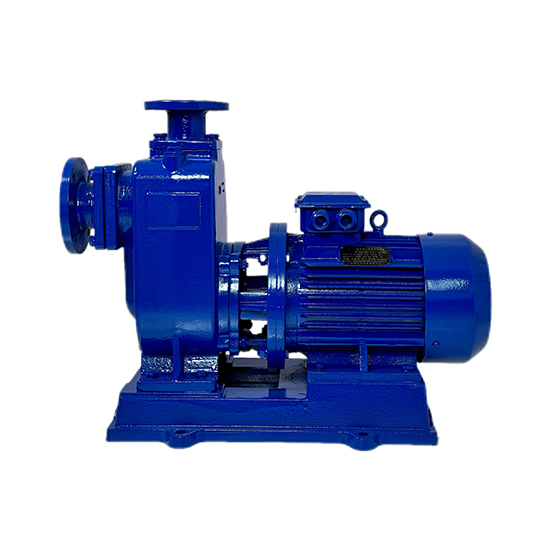In today's digital age, reliable and fast internet connectivity has become a necessity for both individuals and businesses. With the advent of satellite internet and cable connections, the debate over which is better has gained significant attention. This article aims to delve into the intricacies of satellite internet and cable connections, comparing their key features, advantages, and disadvantages. By the end, you will have a comprehensive understanding of why satellite internet emerges as the superior choice.
- Coverage and Accessibility:
Satellite Internet:
Satellite internet offers unparalleled coverage, reaching even the most remote areas where cable connections are unavailable. It utilizes geostationary satellites orbiting the Earth, ensuring global accessibility. This makes it an ideal choice for individuals or businesses located in rural or underserved regions.
Cable Connections:
Cable connections, on the other hand, are limited to areas with physical infrastructure, such as cities or densely populated regions. Remote or rural areas often lack cable infrastructure, leaving residents with limited internet options.
- Speed and Bandwidth:
Satellite Internet:
Historically, satellite internet was criticized for its slower speeds compared to cable connections. However, advancements in technology have significantly improved satellite internet speeds. While it may not match the highest speeds offered by cable connections, it now provides ample bandwidth for most online activities, including streaming, gaming, and video conferencing.
Cable Connections:
Cable connections generally offer higher speeds and lower latency compared to satellite internet. However, the actual speed experienced by users can vary depending on the number of users sharing the same cable line, which can result in decreased speeds during peak usage times.
- Reliability and Weather Conditions:
Satellite Internet:
Satellite internet can be affected by adverse weather conditions, such as heavy rain or snow, which may cause signal degradation or temporary outages. However, modern satellite systems are equipped with advanced technology to mitigate these issues, ensuring a reliable connection for most of the time.
Cable Connections:
Cable connections are generally more reliable in terms of weather conditions, as they are not susceptible to atmospheric interference. However, they are prone to physical damage, such as cable cuts or infrastructure failures, which can lead to prolonged outages until repairs are made.
- Flexibility and Scalability:
Satellite Internet:
Satellite internet offers unparalleled flexibility, allowing users to access the internet from anywhere within the coverage area. It is particularly beneficial for individuals or businesses that require mobility, such as remote workers, travelers, or disaster response teams. Additionally, satellite internet can easily scale up its capacity to accommodate increased demand.
Cable Connections:
Cable connections are fixed to physical locations, limiting their flexibility. Relocating or expanding a cable network can be time-consuming and costly. This lack of flexibility makes cable connections less suitable for mobile users or businesses with evolving needs.
Conclusion:
After a comprehensive analysis, it is evident that satellite internet surpasses cable connections in several key aspects. Its extensive coverage, improved speeds, and flexibility make it an ideal choice for individuals and businesses seeking reliable internet access, especially in remote or underserved areas. While cable connections may offer higher speeds in certain regions, they lack the global accessibility and scalability provided by satellite internet. Embracing satellite internet technology can bridge the digital divide and empower individuals and businesses worldwide.



More Stories
Dual Gas Spring Monitor Arms: The Perfect Solution for Multi-Screen Setups
How Cat7a S/FTP Network Cables Enhance Connectivity and Performance
How to Fix iPhone Green Screen and Flickering: A JK OLED Replacement Skill Guide by Kelai